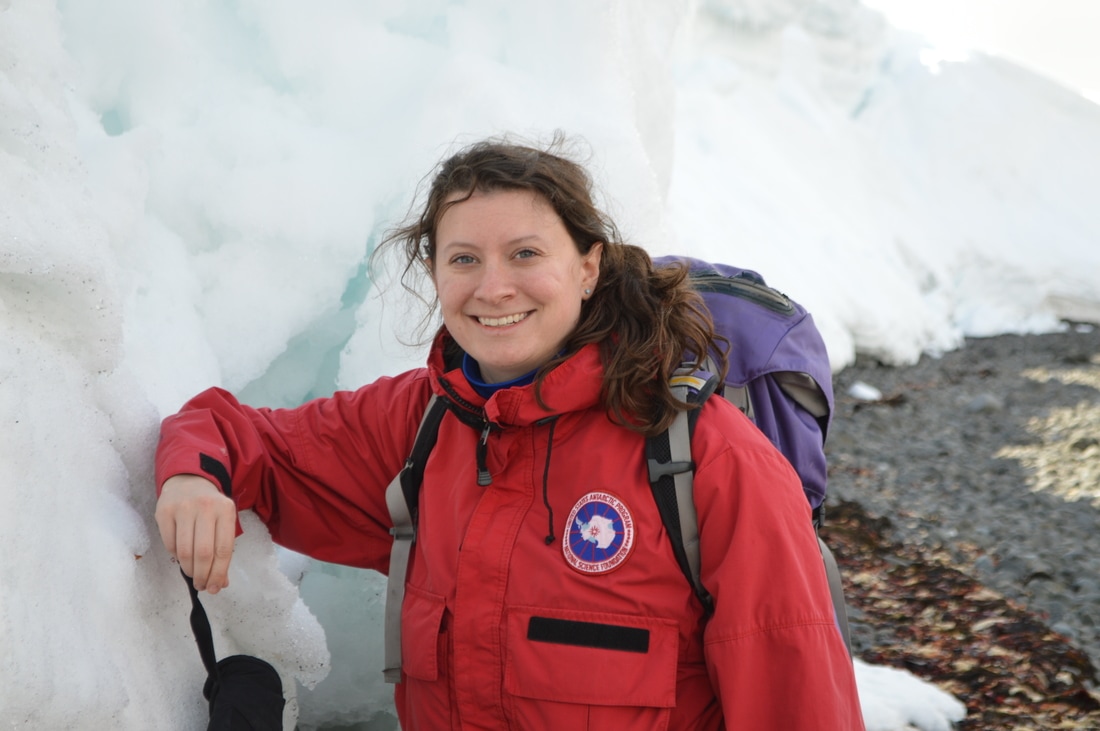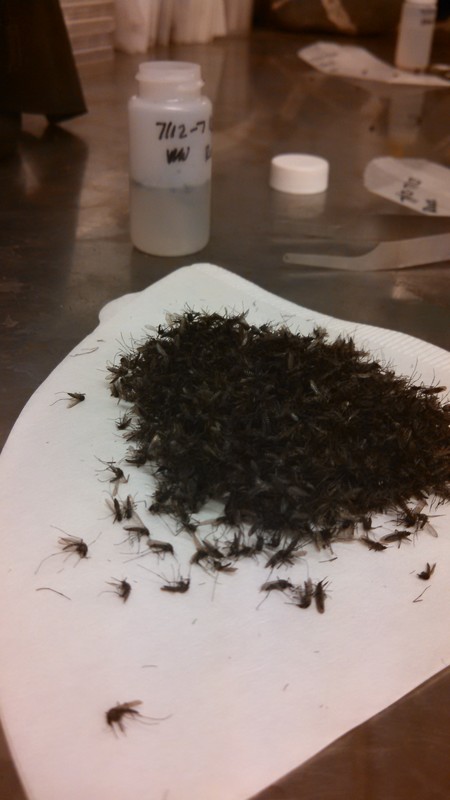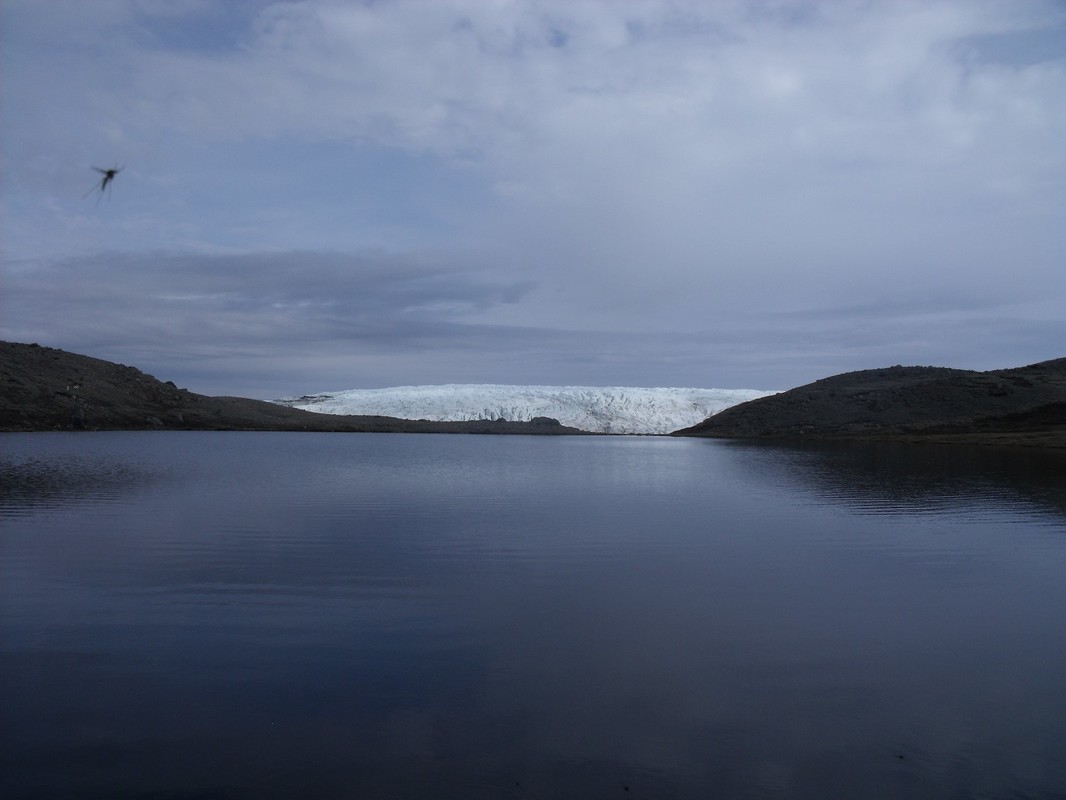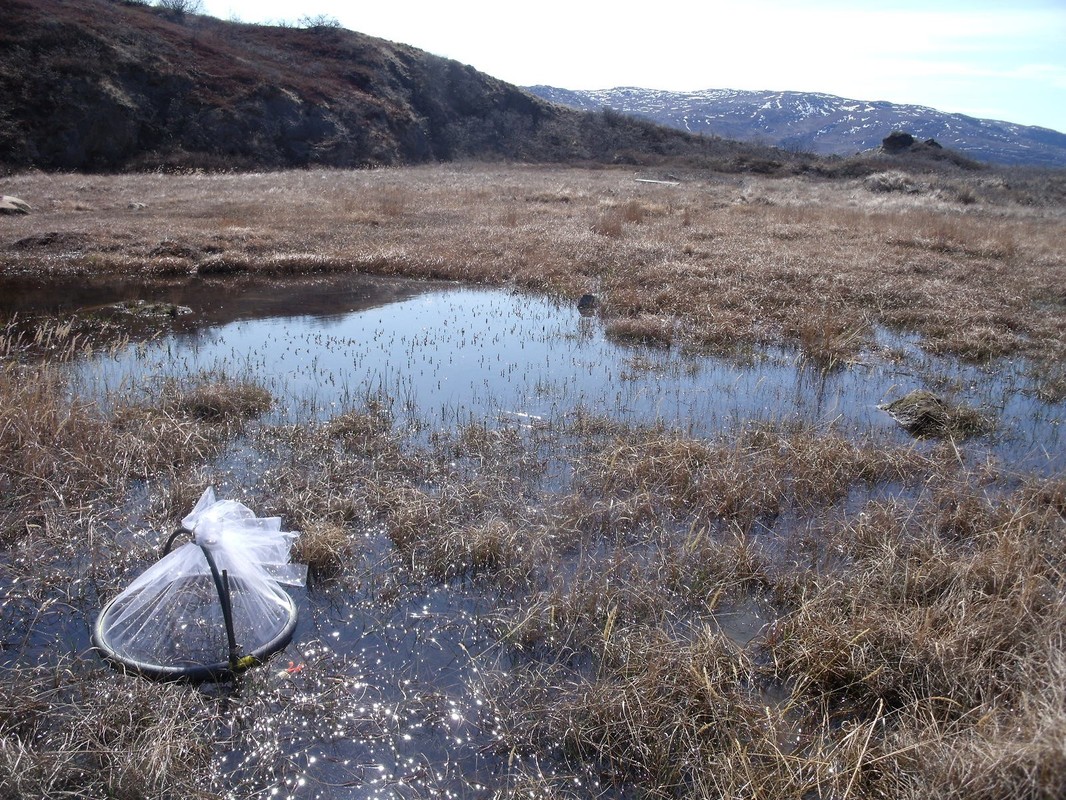The third part of the research Lauren presented uses a long-term dataset to test for the environmental drivers of mosquito emergence (Figure 3) and changes in relative abundances. Analysis of weekly monitoring during growing seasons since the 1990s has shown that mosquitoes are emerging around 4 days earlier per decade. This result led Lauren to think about what environmental factors drive this early emergence. The first factor is the date of first pond melt. Even when ponds melt early the water temperature is still low which could delay the larval development. However, the more important factor is the temperature. The higher temperature will directly affect mosquito development and lead to earlier emergence. To know what was driving relative abundance, Lauren also tested how snow depth, temperature and spring freeze-thaw events impact the relative abundance of mosquitos collected in window traps. The results showed that temperature and spring freeze-thaw events both had negative correlation to abundance while snow depth showed positive correlation to abundance. The temperature showed a negative result, which surprised Lauren because her empirical work suggested that warming would lead to larger mosquito populations. The reason why temperature showed a negative result needs to be studied further.
Becca Wilson is a PhD candidate in the Lamp Lab. She studies the spatial distribution and societal impacts of nuisance black flies in western Maryland.
Mengyao Chen is a PhD student in Dr. Leslie Pick’s Lab. Her research focuses on segmentation genes in Brown Marmorated Stink Bug (BMSB, Halyomorpha halys) and Firebrat (Thermobia domestica) Comments are closed.
|
Categories
All
Archives
June 2024
|
Department of Entomology
University of Maryland
4112 Plant Sciences Building
College Park, MD 20742-4454
USA
Telephone: 301.405.3911
Fax: 301.314.9290
University of Maryland
4112 Plant Sciences Building
College Park, MD 20742-4454
USA
Telephone: 301.405.3911
Fax: 301.314.9290





 RSS Feed
RSS Feed




